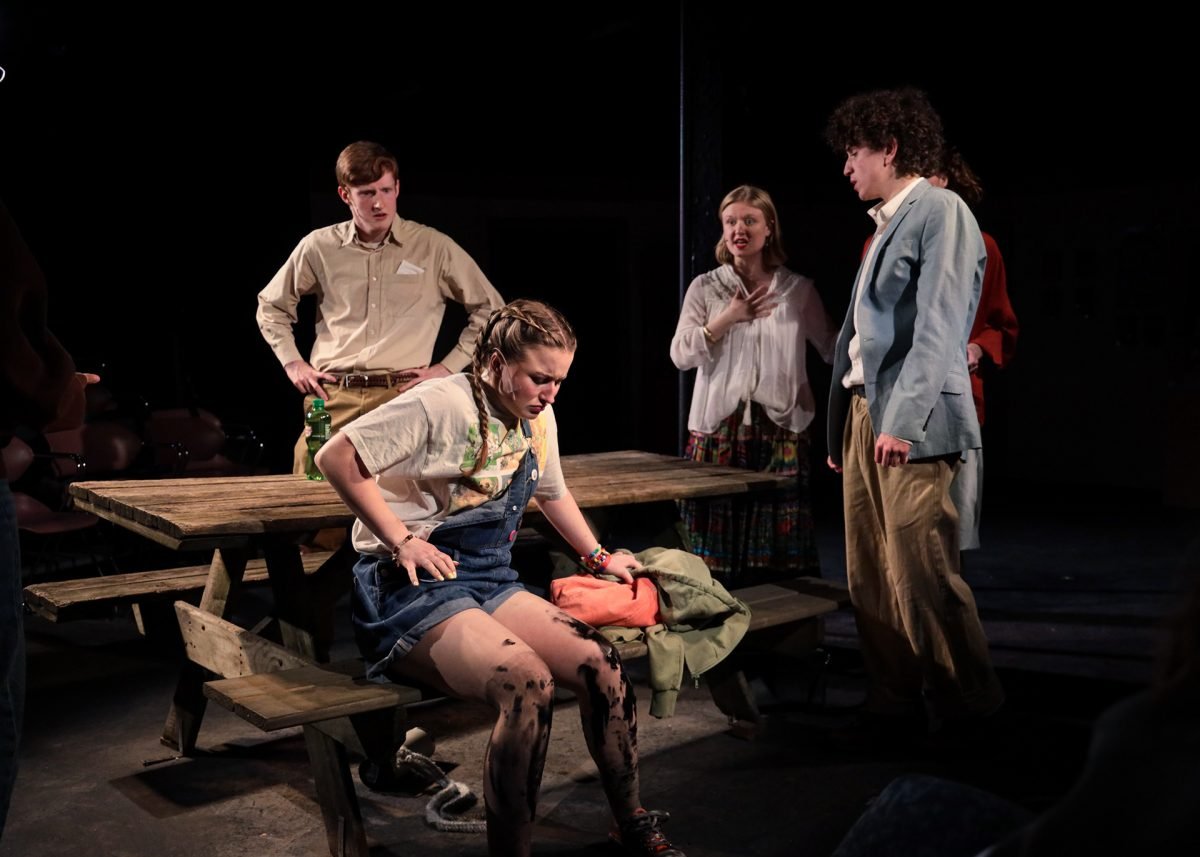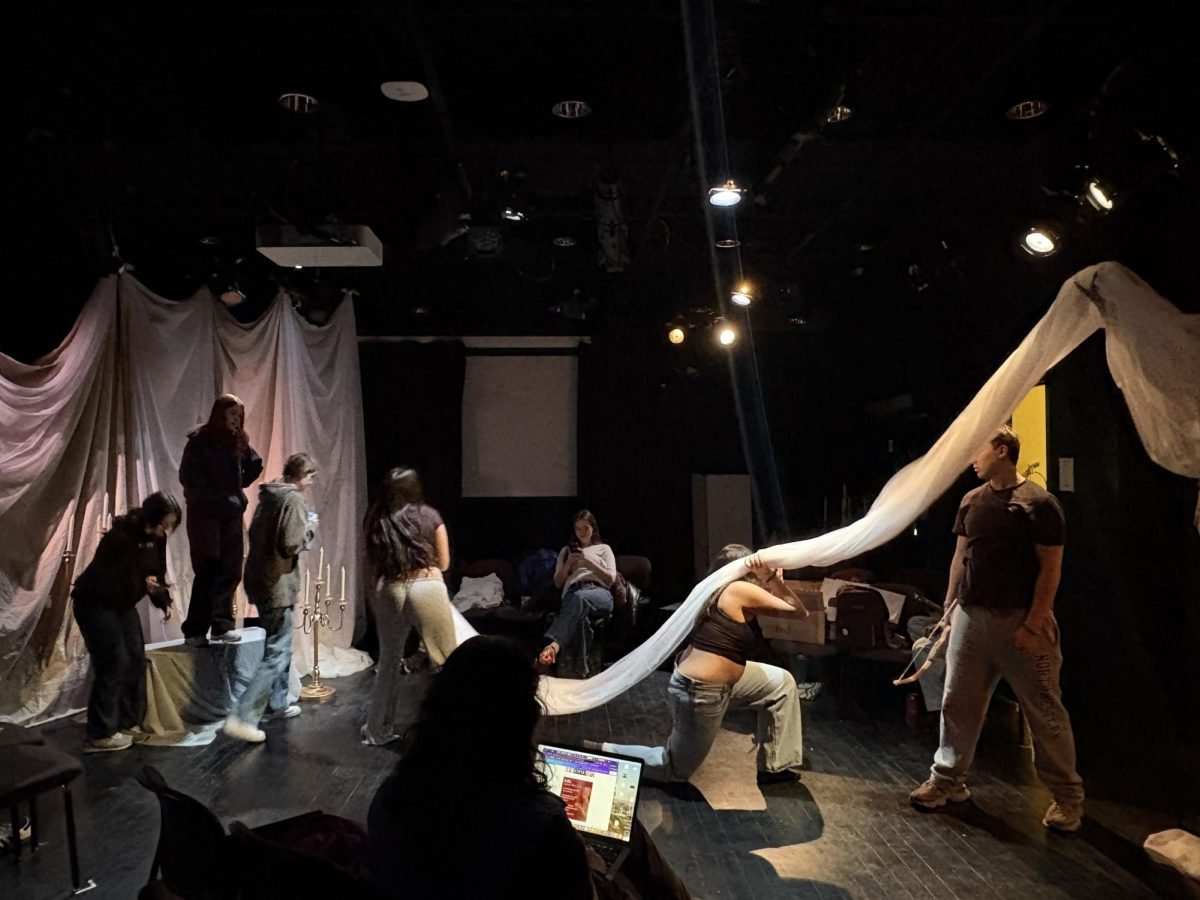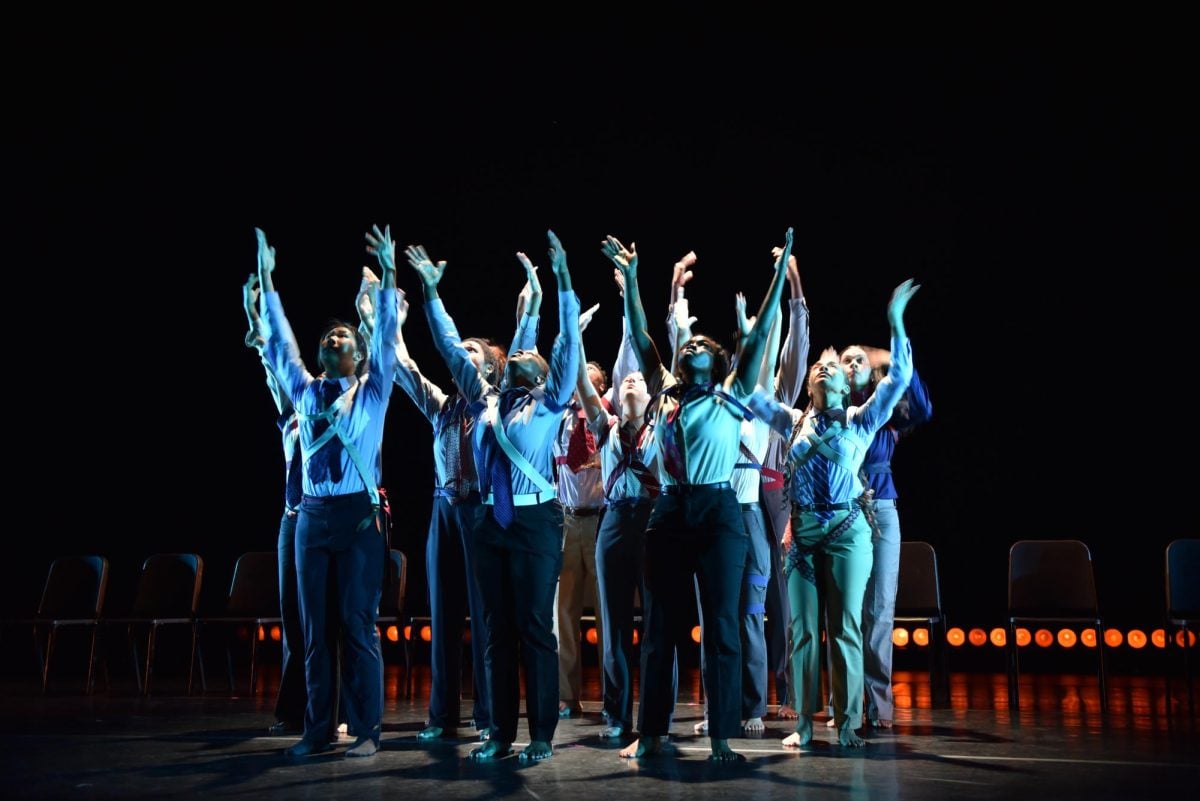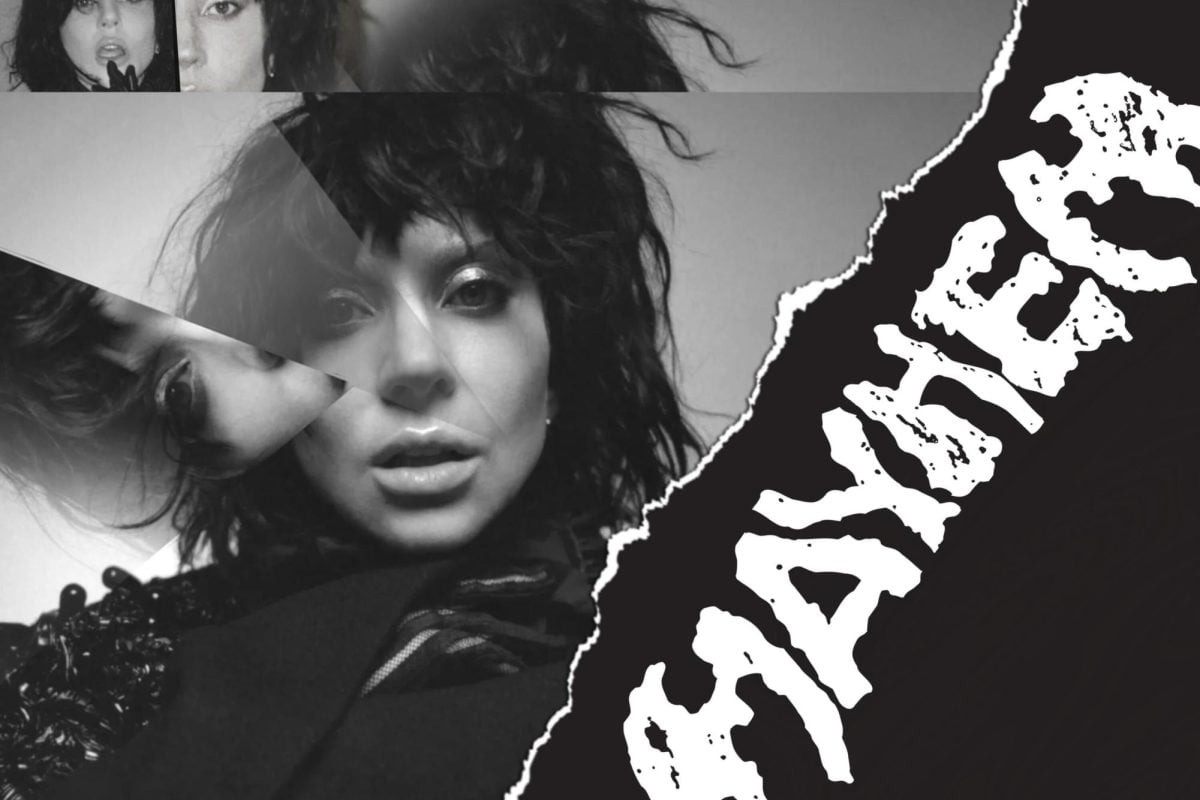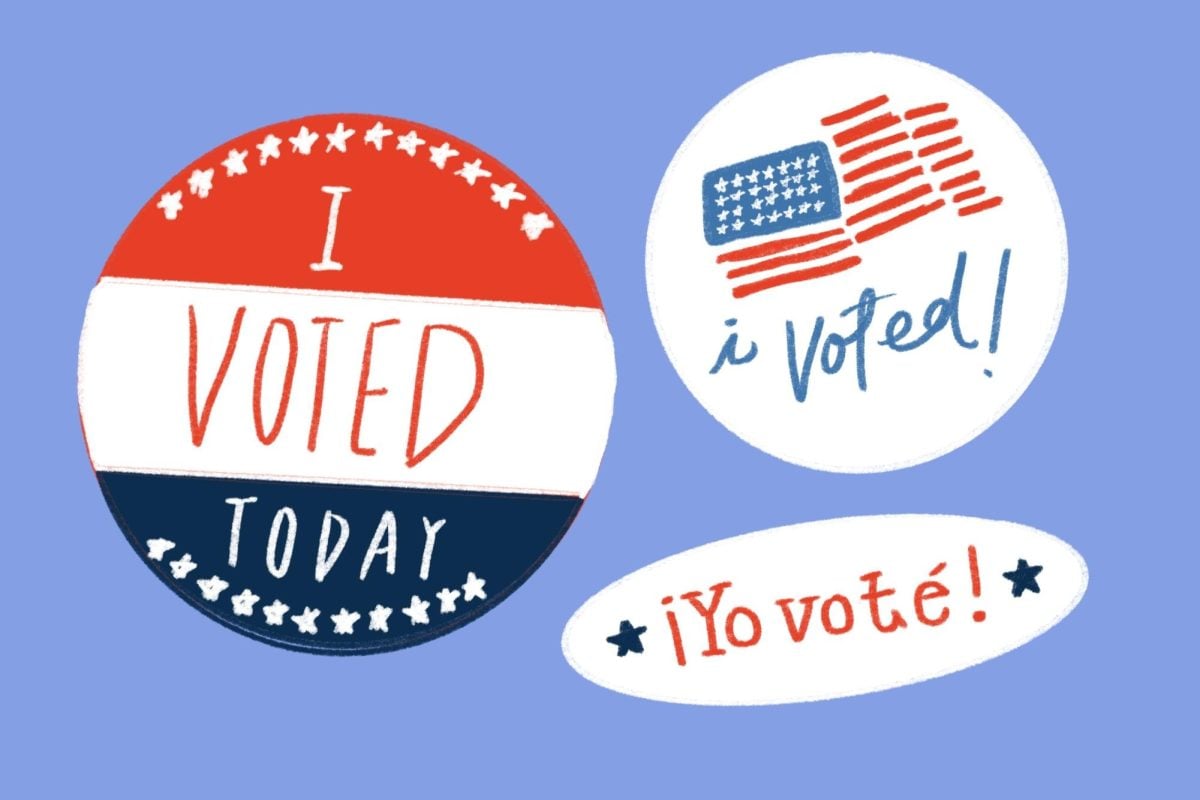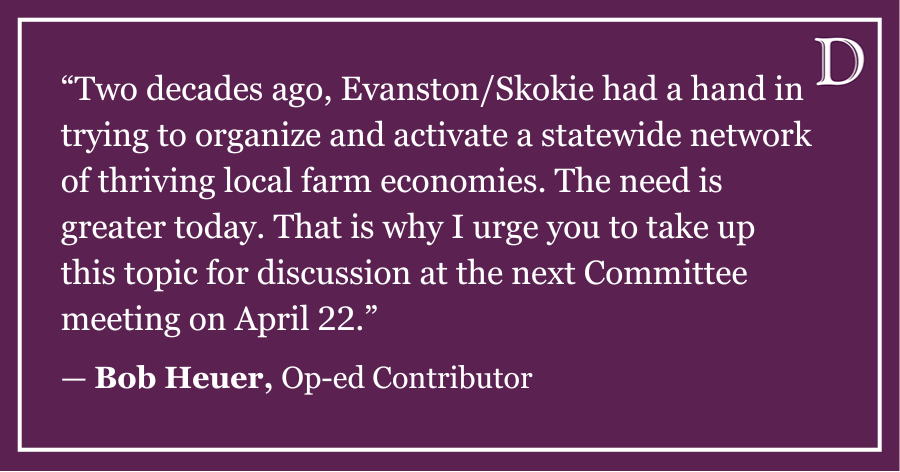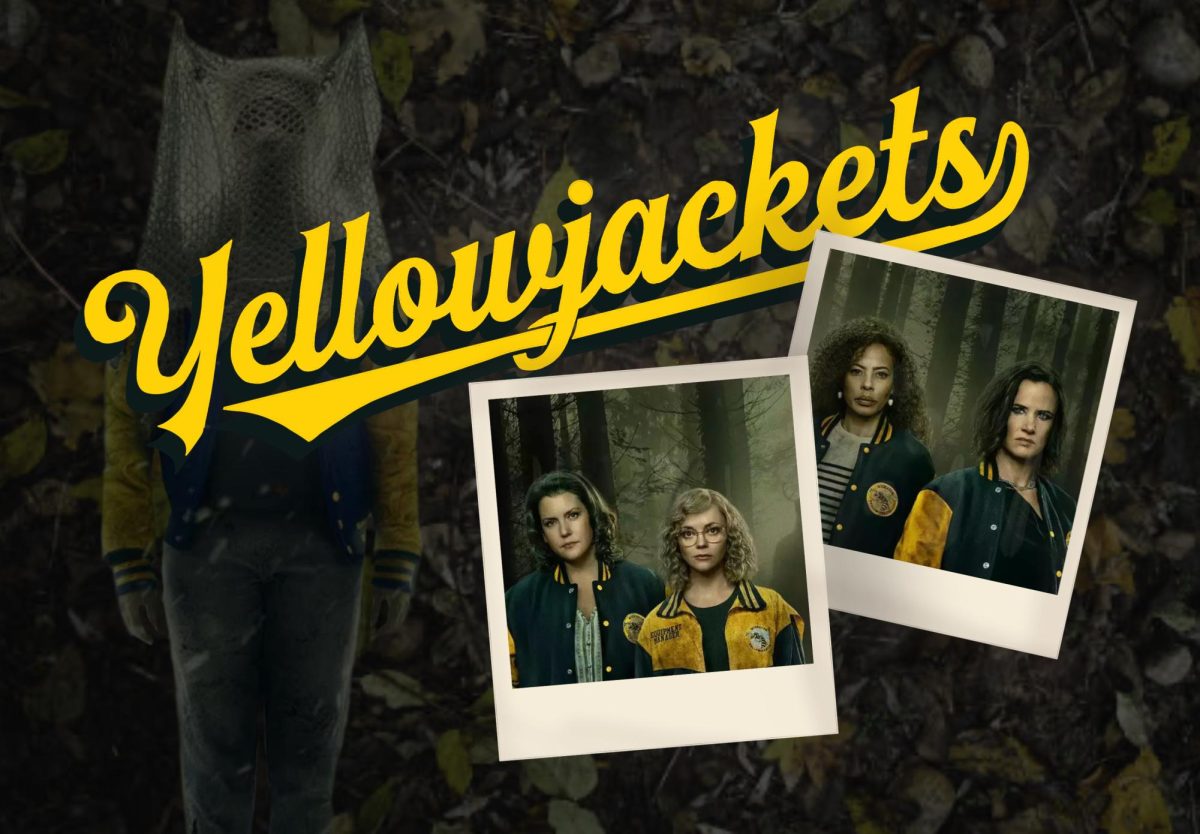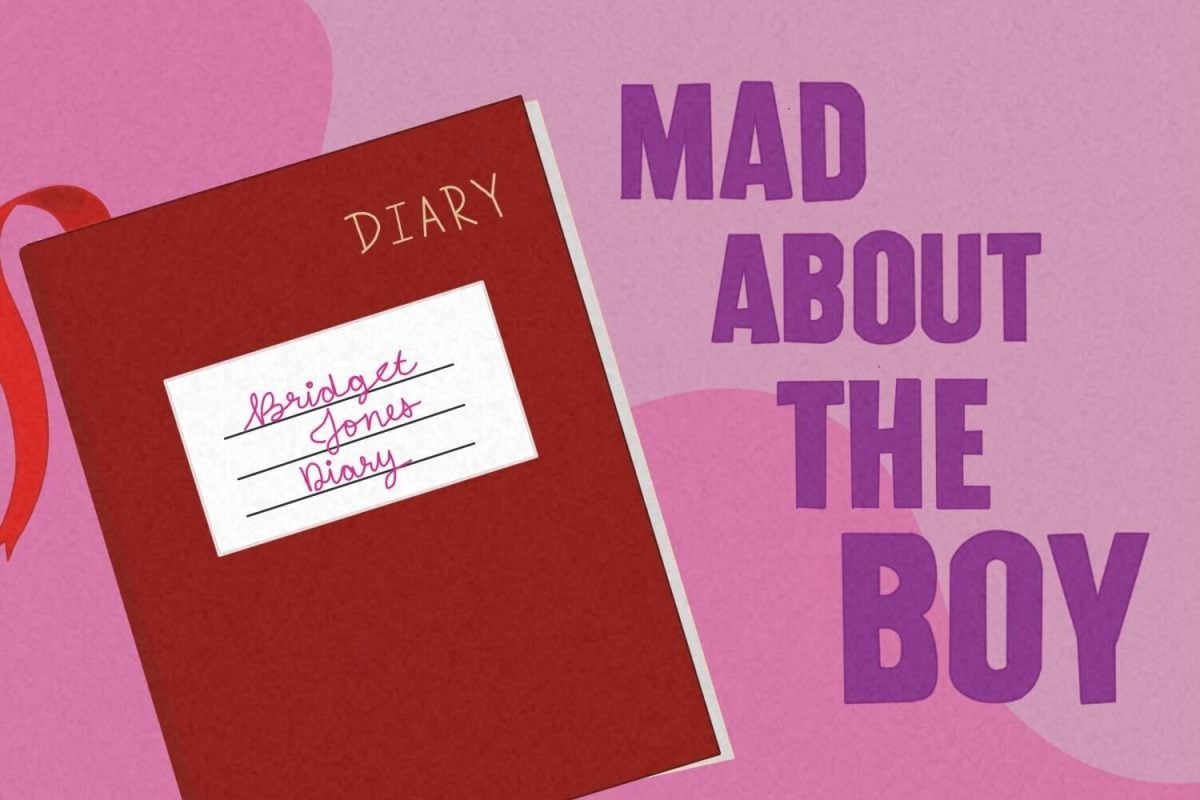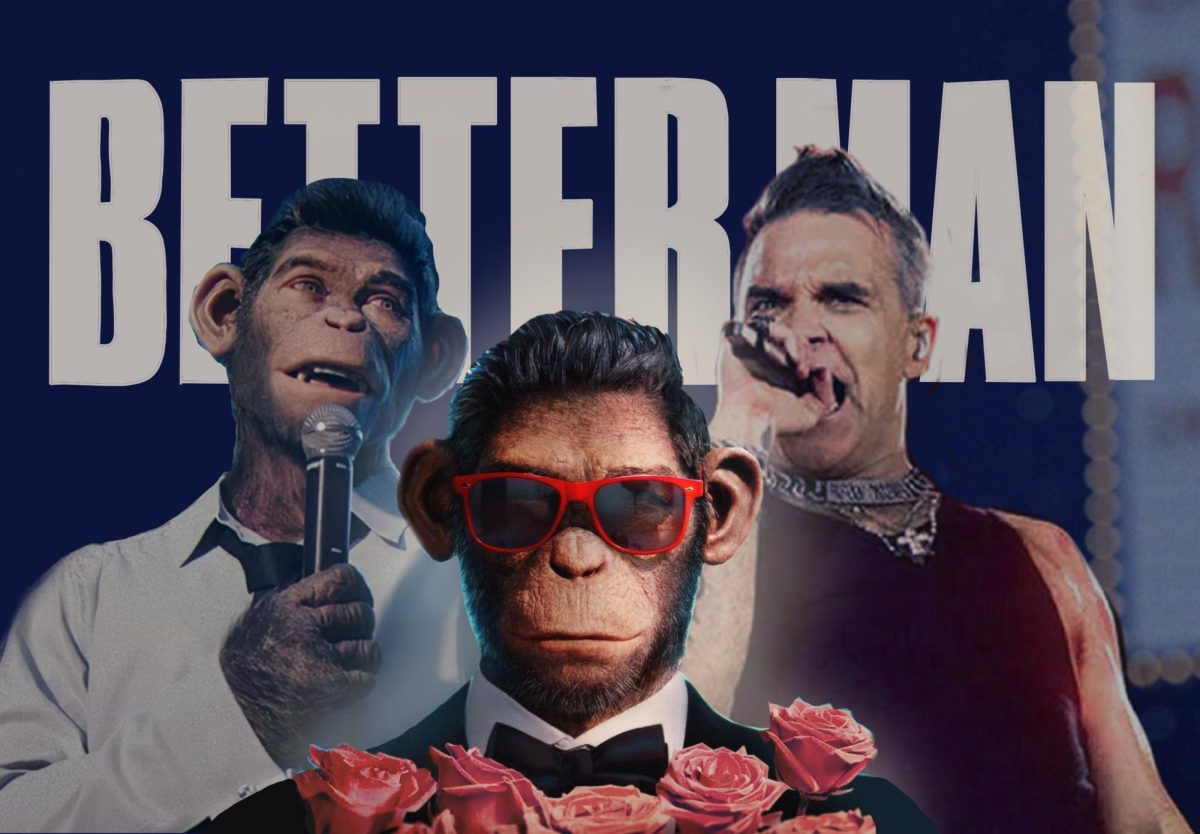McCormick senior Rebeca Lion was 9 or 10 years old when she first streamed the cult classic film “Mean Girls.”As an international student from Brazil, she learned about U.S. high school stereotypes through the film.
“I remember it being the first time that I saw the ‘mean girl’ stereotype,” she said.
Communication Prof. Michael Anthony Turcios was a sixth grader when the film came out. He had the drama on a rustic DVD player that had become bent and torn from overuse, a testament to his adoration for the movie.
From a young age, Turcios said the film had a formative influence on his coming-of-age years.
“It became a template to navigate high school,” he said.
This fondness isn’t unwarranted. The franchise has ballooned into a high-grossing Broadway musical, a movie-musical based on said play and an overall cultural phenomenon with iconic mottos like “That’s so fetch,” “Is butter a carb?” and “On Wednesdays, we wear pink.”
Initially released in 2004, the flick celebrates its 20th anniversary this year. “Mean Girls” chronicles 16-year-old Cady Heron’s (Lindsay Lohan) chaotic transition to high school life after living abroad in Kenya. When her biologist mother (Ana Gasteyer) gains tenure at none other than Northwestern, Cady Heron finds herself caught in the crosshairs of a friendship with Janis (Lizzy Caplan) and Damian (Daniel Franzese), two socially maligned besties, and the plastics: Regina George (Rachel McAdams), Gretchen Wieners (Lacey Chabert) and Karen Smith (Amanda Seyfried).
The film was based off of the book “Queen Bees and Wannabes,” authored by Rosalind Wiseman. Wiseman said the success behind “Mean Girls” felt unprecedented.
“I certainly didn’t have any idea that it would turn into something that had such an enormous cultural impact on the zeitgeist,” she said.
Taylor Louderman, who originated the role of Regina George on Broadway, also saw success through their theater productions.
Louderman and her colleagues often received messages of encouragement from young people praising their production. She said they felt “seen” and “inspired” to be kinder. This positive reinforcement was rewarding for the cast telling the story every night.
The basis of the drama’s plot is “girl world,” which was coined in Wiseman’s book. The term encompasses the rules, expectations, rites of passage and paradigms of communication that characterize the lived experience of teenage girls.
Wiseman also said the bullying and humiliation portrayed in the film is prevalent online, adding how the internet and cancel culture can “exacerbate” these themes.
“Someone’s entertainment is somebody else’s embarrassment and dehumanization,” she said.
While developing her book, Wiseman worked with a girl’s youth advisory group from Washington, D.C., to highlight the teenage tropes depicted in “Mean Girls.”
Wiseman said this group was the core inspiration of her work, despite tendencies of schools nationwide to claim they were the inspiration behind the film.
For many NU students, the film has had long-standing impacts on their lives.
After a first viewing, Medill freshman Fiona Zhou found the movie cliche, writing it off as yet another “typical rom-com.” After a second viewing, she said she came to better appreciate its portrayal of social dynamics in high school.
“(‘Mean Girls’) just feels like a really good representation of the high school experience,” she said.
“Mean Girls” is not without its critics, though. Communication Prof. Mimi White said the movie belongs to a larger canon of films that celebrate a regressive type of behavior.
She said “Mean Girls” champions bullying and pettiness in a way that should not be universally celebrated.
“I don’t particularly like ‘Mean Girl’ films,” she said. “I think they celebrate a very negative kind of figure in American popular culture.”
Despite fans’ loyalty to the 2004 version, the 2018 musical resonated with young audiences, according to Louderman.
As a longtime theatre kid, Weinberg sophomore Malia Marinchak said she has a deep appreciation for the musical.
“I grew up doing musical theatre, so I loved the ‘Mean Girls’ musical when it came out,” she said.
One of the things Marinchak appreciated about the musical was its attentiveness to flaws in the movie, including its white-centric lens and outdated portrayal of racial stratification in high school friend groups.
Louderman said the musical outperformed its film namesake in these cautionary messages around social hierarchies.
She said she credits these hierarchies to social media.
“Social media can disguise so much authenticity,” she said. “I think that’s what makes (‘Mean Girls’) still relevant today.”
For Elizabeth Doran, the Broadway production’s associate music director, the ripple effects of “Mean Girls” are remarkable.
“It’s wild to me how much of a cult classic it has become,” she said. “It’s having a rebirth that started with the musical and then the new movie that just came out.”
Email: gabehawkins2028@u.northwestern.edu
Twitter: @gabe18violin
Related Stories:
— EPL Racial Equity Task Force receives new applications, collects data on demographics of library users
— Evanston Public Library to host LGBTQ+ Book Swap with Evanston Pride
— Puerta Abierta Preschool partners with Main-Dempster Mile, expands fundraising initiatives under new director


